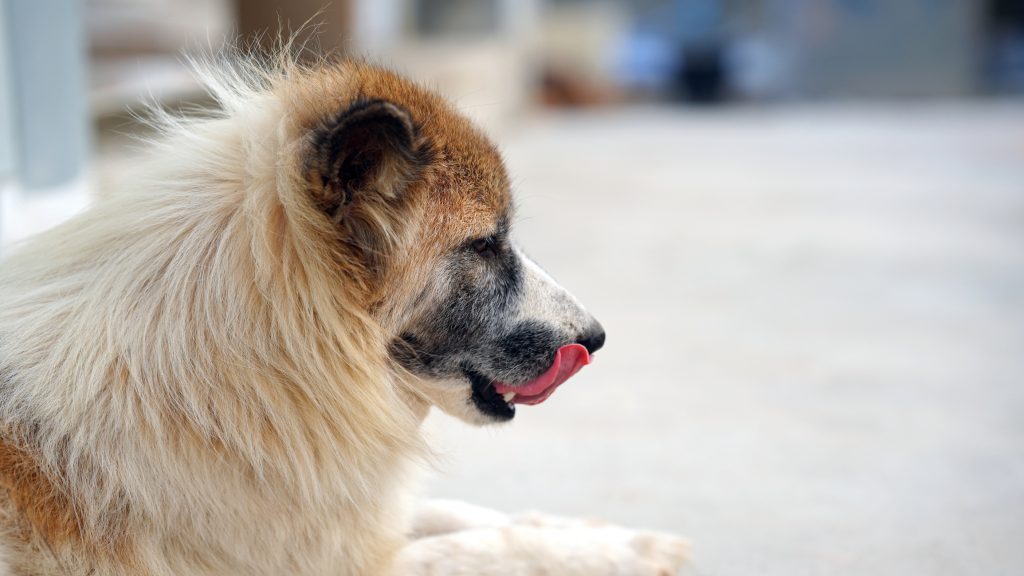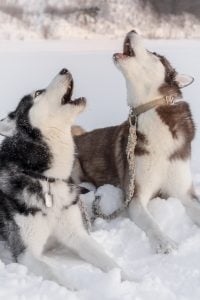As pet parents, it can be worrying to see your dog repeatedly licking and swallowing, especially when it happens for a long period of time. Why does my dog lick and swallow a lot? While occasional licking is normal, persistent or excessive licking and swallowing can signal an underlying issue—ranging from mild discomfort to something more serious.
In this post, we’ll explore the possible reasons behind this behavior, what it might mean for your dog’s health, and what you can do to help.
1. Normal Licking vs. Concerning Licking
Dogs naturally use their tongues to explore, groom, and communicate. However, when licking and swallowing becomes frequent or intense—especially without an obvious trigger—it can point to discomfort.
Normal licking may include:
- Grooming themselves after eating or playing
- Licking you as a form of affection
- Cleaning paws or fur occasionally
Concerning licking may include:
- Repeated licking of lips or air
- Excessive swallowing without eating
- Licking the floor, furniture, or objects obsessively
- Panting or drooling at the same time
If you notice your dog doing this behavior over and over again, it’s important to observe when and how often it happens—it can give you clues about what’s going on.
2. Digestive Issues and Nausea
One of the most common reasons dogs lick and swallow a lot is nausea or an upset stomach. When dogs feel queasy, they may produce extra saliva and lick to soothe the sensation.
Possible causes include:
- Eating grass or something that upset their stomach
- Acid reflux or gastrointestinal irritation
- Food allergies or sensitivities
- Pancreatitis or other digestive conditions
You might also see other symptoms like drooling, burping, pacing, or even vomiting.
Tip: Feeding your dog smaller, more frequent meals or switching to a gentler meal, alongside a pre & probiotic supplement to aid digestions. Avoid feeding before bedtime, but if symptoms persist, consult your veterinarian.
3. Something Stuck in the Mouth or Throat
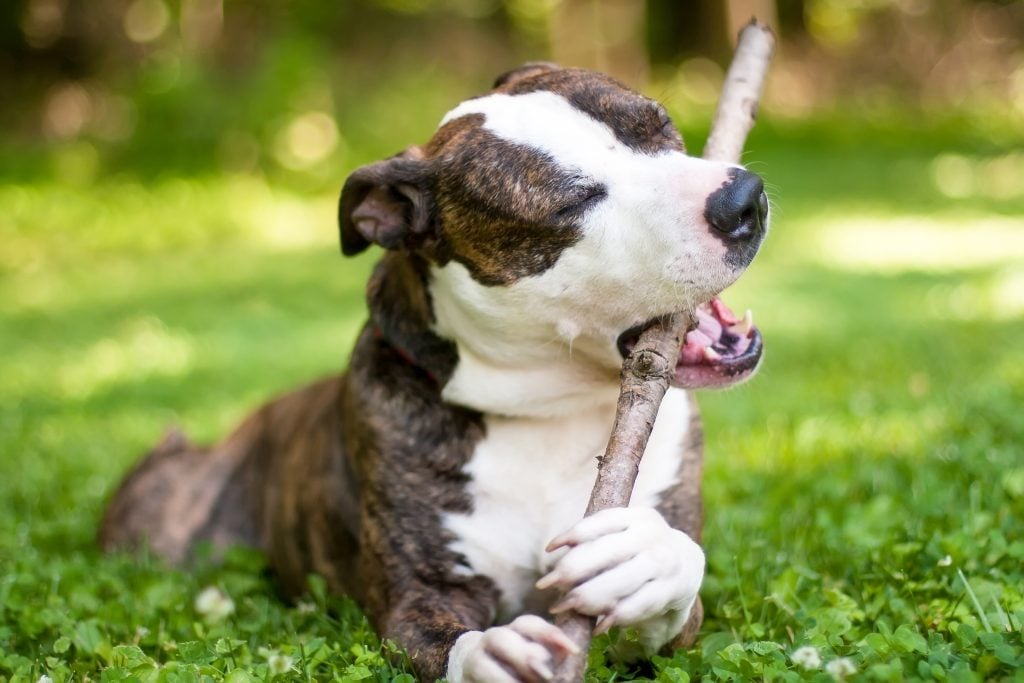
Sometimes, a foreign object—like a small toy, bone shard, or stick—can get caught in your dog’s mouth, throat, or teeth. This can cause irritation and lead to repeated licking and swallowing.
Check for:
- Pawing at the mouth
- Gagging or coughing
- Refusal to eat or drink
- Excessive drooling
If your dog shows any of these signs, carefully inspect their mouth or contact your vet immediately to ensure nothing is lodged where it shouldn’t be.
4. Dental or Oral Pain
Just like humans, dogs can develop dental issues such as gum infections, broken teeth, or oral ulcers that make swallowing uncomfortable. Licking can be a dog’s way of trying to relieve that pain.
Routine dental care—like brushing your dog’s teeth or using dental chews—can prevent oral problems before they start. If your dog suddenly begins licking and swallowing more than usual, schedule a dental exam with your vet.
5. Anxiety, Stress, or Compulsive Behavior
Behavioral causes are another common explanation for repeated licking and swallowing. Dogs often lick when they’re anxious, bored, or stressed—it’s a self-soothing behavior.
Common triggers include:
- Separation anxiety
- New environments or routines
- Loud noises or guests
- Lack of mental stimulation
Try offering enrichment toys or calming treats, and make sure your dog gets enough exercise and attention. For ongoing anxiety, your veterinarian may recommend behavioral therapy or anti-anxiety support.
6. Allergies or Skin Irritation
Dogs suffering from allergies or itchiness may lick excessively to soothe the irritation. In some cases, they swallow repeatedly due to excess saliva or discomfort from constant licking.
Possible allergy triggers:
- Seasonal allergens (pollen, dust, mold)
- Fleas or other parasites
- Food sensitivities
- Household cleaners or detergents
Your vet may suggest an elimination diet, allergy testing, or medicated shampoos to help relieve the skin or allergy itching and licking.
7. When to See the Vet
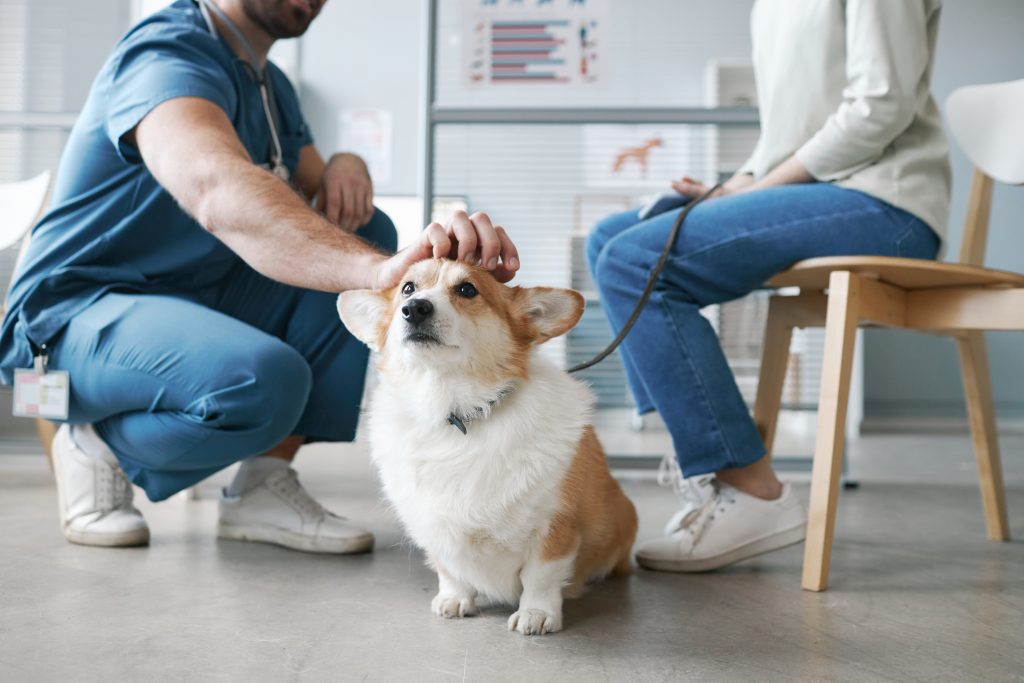
If your dog’s licking and swallowing habit lasts more than a few hours or becomes a daily occurrence, it’s time to contact your veterinarian.
Seek immediate vet care if your dog:
- Vomits frequently or refuses food
- Shows signs of pain or distress
- Has swollen gums, drools excessively, or coughs
- Acts lethargic or disoriented
Early diagnosis is key—what starts as mild nausea could be a sign of something more serious like GI ulcers, dental disease, or even neurological issues.
Recap: Why Does My Dog Lick and Swallow a Lot?
 Occasional licking is normal, but repeated licking and swallowing can indicate discomfort.
Occasional licking is normal, but repeated licking and swallowing can indicate discomfort.
 Common causes include nausea, oral pain, allergies, or anxiety.
Common causes include nausea, oral pain, allergies, or anxiety.
 Check your dog’s mouth for debris, and observe when symptoms occur.
Check your dog’s mouth for debris, and observe when symptoms occur.
 Persistent or worsening symptoms should be evaluated by a veterinarian.
Persistent or worsening symptoms should be evaluated by a veterinarian.
 Gentle diets, dental care, and stress relief can all help reduce this behavior.
Gentle diets, dental care, and stress relief can all help reduce this behavior.
FAQ: Understanding Your Dog’s Licking and Swallowing
Q: Why does my dog lick and swallow after eating?
A: Your dog might be experiencing acid reflux or mild indigestion. Try smaller meals alongside a pre & probiotic supplement to aid digestions. Avoid feeding before bedtime.
Q: Could licking and swallowing be a sign of nausea?
A: Yes. Excessive licking and swallowing are common signs of nausea in dogs. Watch for drooling, pacing, or grass-eating.
Q: My dog licks and swallows at night—should I worry?
A: Nighttime licking could be linked to anxiety, acid reflux, or discomfort. If it happens frequently, talk to your vet.
Q: How can I stop my dog from licking and swallowing so much?
A: Identify the cause first—then address it with diet changes, stress management, or veterinary care. Avoid punishment; focus on comfort and care.
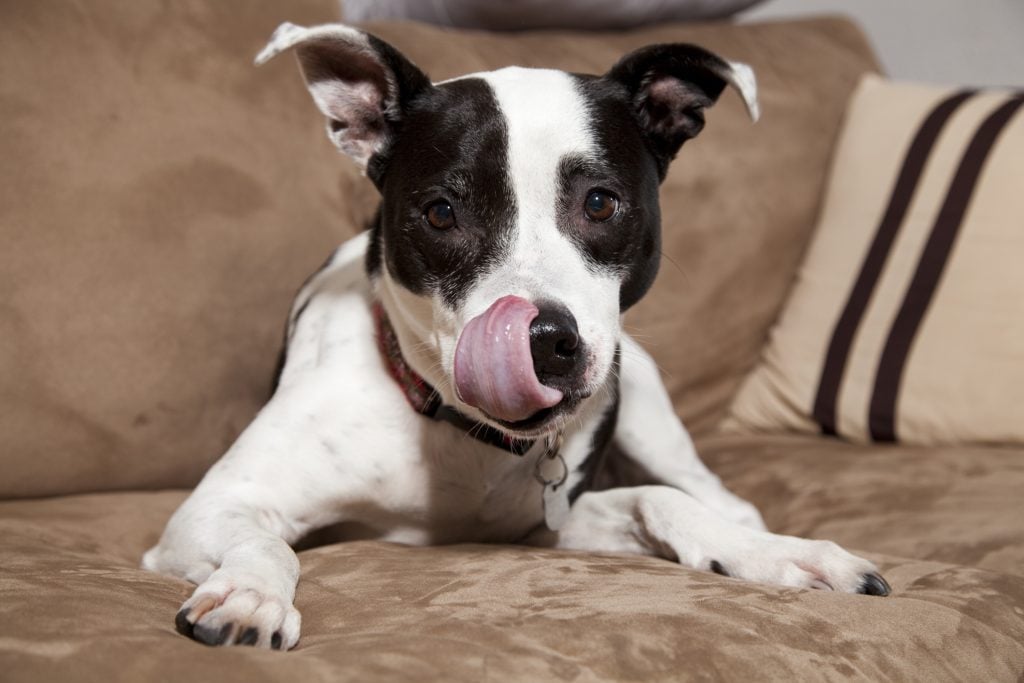
Dogs lick and swallow for many reasons—from minor digestive issues to deeper emotional or physical discomfort. Paying attention to when and how often it happens can help you and your vet pinpoint the cause.
At Hollywood Feed, we’re here to help you support your pet’s health and happiness every day. Visit your local store or shop online for nutritious food, dental care products, and calming solutions to keep your dog feeling their best.
For more tips on dog health and behavior, check out the Hollywood Feed Blog and sign up for our email and text club to stay informed on the latest pet wellness advice.

